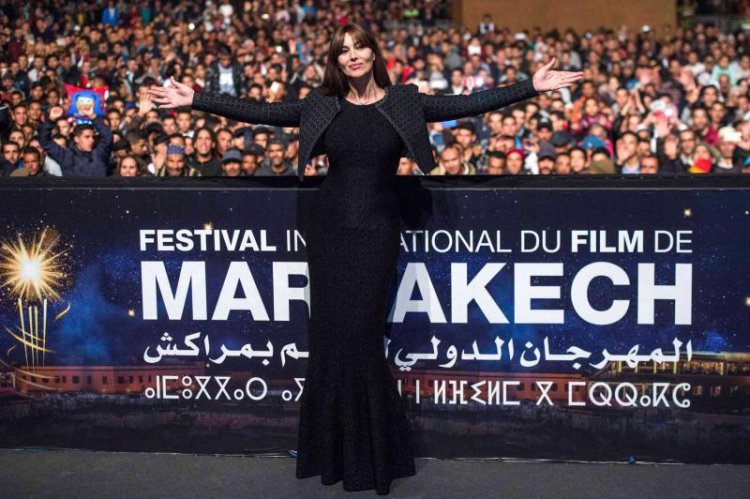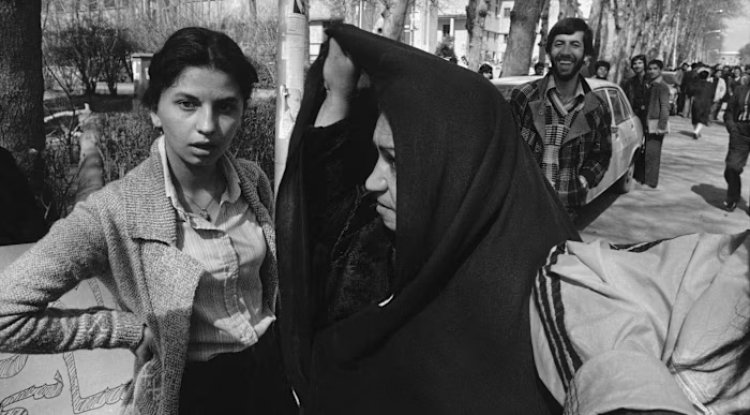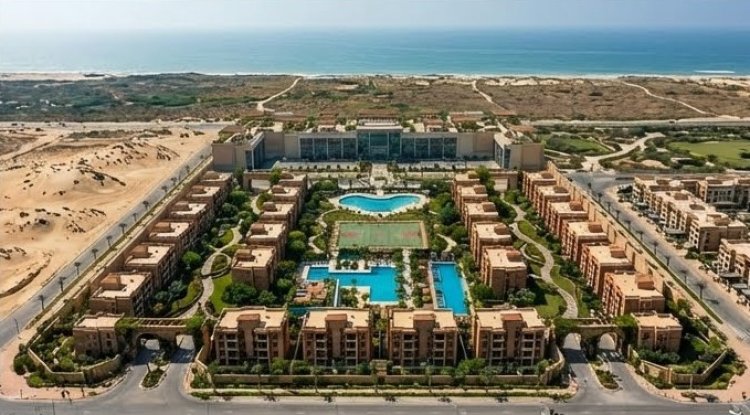The “Red Sea” and “Marrakesh” festivals shine and compete with international festivals
All of the above puts weight on other Arab festivals. The successes of the “Red Sea” Festival and the strong return of the “Marrakesh” Festival

After the “Cairo” and “El Gouna” festivals announced that they would stop preparing and holding a new session for each of them for the current year, and after the “Days of the Carthage Film Festival” receded into a local demonstration (according to what was reported), all that remained in the Arab field of major festivals was the festival. “The Red Sea”, which takes place between the 30th of November and the 9th of December, and the “Marrakesh” Festival, which begins a few days before the start of the Saudi Festival, as it begins its activities on the 24th of this month and ends on the 2nd. From the following month.
The Saudi festival is the largest in the Arab world and among the largest internationally as well. It announced the competition films and parallel programs two days ago, and these include an impressive number for cinema in Saudi Arabia: the total number of Saudi films that will be shown on the festival screens this year is 36 films, both long and short. This is a large number for a cinema that has been emerging for a few years.
In the competition are two completely local-produced Saudi films: “Noura” by Tawfiq Al-Zaidi, who previously presented a remarkable number of good short films that were screened during the Gulf Film Festival in Dubai. And “Mandoub” by Ali Al-Kalthami, a community drama about a young man’s attempt to save his father’s faltering situation.
There are also films that Saudi Arabia participated in producing, such as “Hajan” by the Egyptian Abu Bakr Shawqi, which was shown at the last Cannes Festival, and “God willing, a boy” by Amjad Al-Rashed (a joint production between Saudi Arabia, Egypt, Jordan, and Qatar), and “Beyond the Mountains.” » By Tunisian Mohamed Attia (Tunisian-Saudi production with Belgium, Qatar and Italy).
But the greatest momentum from Saudi productions lies in the “New Saudi Films” demonstration, including “Night Representative” by Ali Al-Kalthami, which witnessed its world premiere at the Toronto International Festival, “To My Son” by Dhafer Al-Abidin, “Yalla, Yalla” by Muhammad Hammad, and “ Four Daughters by Kawthar Ben Haniyeh, and A Fever Dream by Fares Godos.
As is evident from some of these names, Saudi productions include financing Arab films directed by non-Saudi Arabs, such as Amjad Al-Rashed, Kawthar Bin Haniyeh, and Abu Bakr Shawqi, and foreign films, the most prominent of which this year was the film that opened the Cannes Film Festival, “Jane Doe.” “Bari,” which was made by and stars Mayon, will be shown in the special screenings section this year, like 14 other films in this event. The number of competing films is 17, and these include, in addition to “God willing, a boy” by Amjad Al-Rashed, “Beyond the Mountains” by Mohammed bin Attia, and “Noura” by Tawfiq Zayed, films from Iraq, Morocco, and Britain (a British-Palestinian film titled “The Professor” by Farah Nabulsi), the United Arab Emirates, Algeria and India.
What's Your Reaction?





















